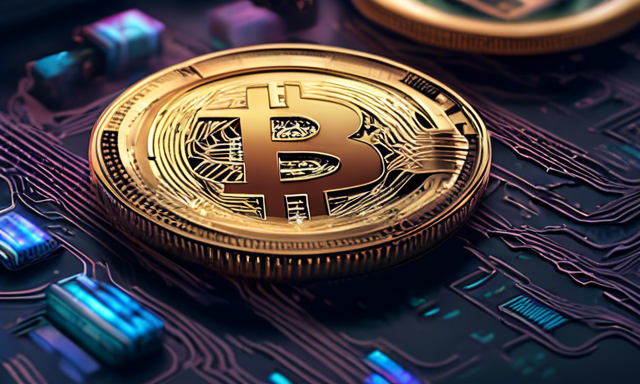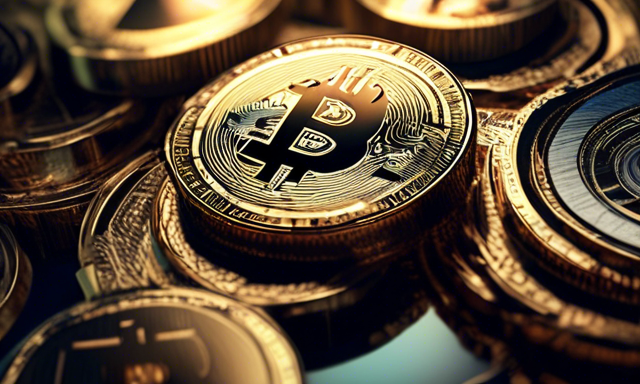Ripple XRP News: The Future of Crypto Regulation Hangs on XRP’s Secondary Sales
As the Ripple vs SEC case nears its conclusion, one critical issue has experts worldwide concerned: the problem of Secondary Sales involving XRP. This year will determine the fate of crypto regulation with regards to this issue.
The Ripple vs SEC Case: A Brief Overview
Before delving into the finer details of the Ripple vs SEC case, it’s essential to understand the foundational elements of this legal battle. Here is a concise summary of the case’s background:
- The Initial Lawsuit: The U.S. Securities and Exchange Commission (SEC) filed a lawsuit against Ripple Labs, alleging that XRP, the digital asset created and distributed by Ripple, was an unregistered security.
- Ripple’s Response: Ripple Labs denied the SEC’s allegations, arguing that XRP should not be classified as a security due to its utility in facilitating cross-border payments.
- Legal Proceedings: The case has been ongoing for an extended period, with multiple legal arguments presented by both parties to support their respective positions.
Secondary Sales and Their Significance
One of the crucial issues that have emerged in the Ripple vs SEC case is the concept of Secondary Sales involving XRP. These sales have significant implications for the future of crypto regulation and may influence how digital assets are classified and regulated moving forward. Here are some key points to consider:
- Definition of Secondary Sales: Secondary Sales refer to transactions involving the resale of XRP by individuals or entities other than Ripple Labs. These sales occur on secondary markets and are distinct from the initial distribution of the digital asset.
- Regulatory Concerns: The SEC has raised concerns about Secondary Sales of XRP, arguing that these transactions may constitute unregistered securities offerings. This issue is central to the regulatory debate surrounding the classification of XRP.
- Impact on Crypto Regulation: The outcome of the Secondary Sales issue in the Ripple case could set a precedent for how other digital assets are regulated in the future. It has the potential to shape the legal landscape of the crypto industry for years to come.
The Global Ripple Effect
The Ripple vs SEC case has far-reaching implications beyond the borders of the United States. The outcome of this legal battle will not only impact Ripple Labs and XRP but could also influence how digital assets are perceived and regulated on a global scale. Here’s why the world is watching:
- International Regulatory Alignment: The resolution of the Ripple case may prompt other jurisdictions to reassess their approach to regulating digital assets, leading to greater alignment or divergence in regulatory standards worldwide.
- Market Stability: The uncertainty surrounding the legal status of XRP has created volatility in the cryptocurrency market. A definitive ruling in the Ripple case could bring clarity and stability to the industry.
- Industry Innovation: The outcome of the Ripple vs SEC case may shape the future of blockchain technology and digital asset development by establishing legal precedents and regulatory frameworks for innovation.
The Road Ahead
As the Ripple vs SEC case enters its final stages, the crypto community eagerly awaits a resolution to the Secondary Sales issue and the broader implications it holds for the future of crypto regulation. This year will mark a pivotal moment in the evolution of digital assets and their place in the global financial landscape.
Hot Take: Stay Informed, Stay Engaged!
As developments unfold in the Ripple vs SEC case, the crypto community must stay informed and engaged to understand the implications for the industry. Empower yourself with knowledge and contribute to the ongoing conversation about the future of crypto regulation.





 By
By
 By
By
 By
By
 By
By
 By
By
 By
By